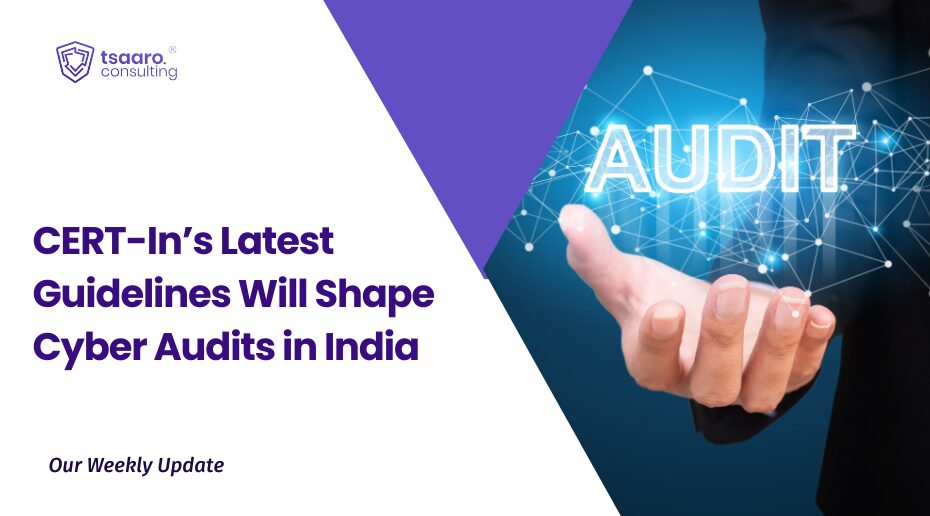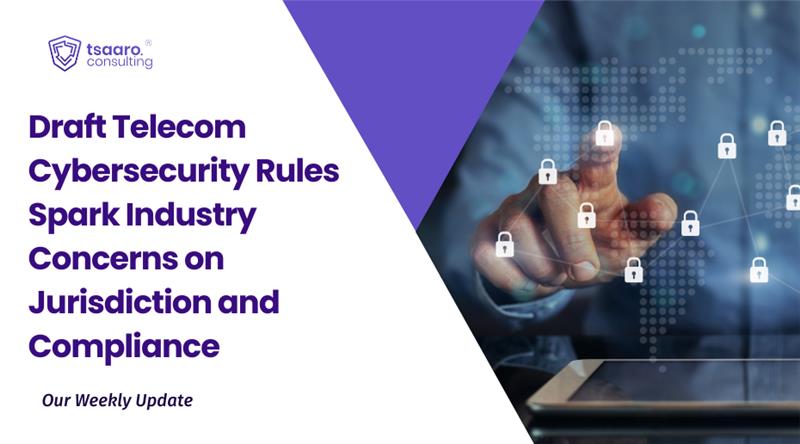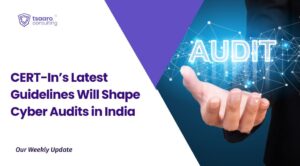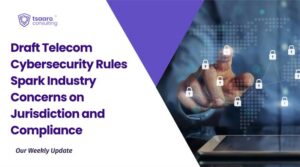INTRODUCTION
Protecting the confidentiality of sensitive information is a top priority for any office administrator. Safeguard the data you handle, including client information, financial records, and other sensitive documents, to maintain their privacy and security. When inputting sensitive information, follow these recommended practises to protect your privacy. When collecting any personal or sensitive information, data security and protection become paramount. If you want to keep people’s trust and abide by privacy laws, you need to keep their data safe and secure. Keep individuals in the loop about the status of their data and the precautions taken to protect it at all times. It’s important to put emphasis on data security and protection when gathering information because of the potential legal, financial, and reputational repercussions of not doing so. In the case of Lloyd v Google LLC, the court dismissed the suit and held that harm must go beyond a mere technical infringement of privacy regulations.
Ensuring Data Privacy: Safeguarding Personal Information in Data Collection:
The controller of personal information must follow the data protection principles and provide evidence that they are doing so. Responsible organisations will establish and follow sound data processing policies and procedures, undertake periodic data protection impact assessments, and keep detailed logs of all processing operations.
Maintain privacy while collecting data through various ways, which include:
- Secure your hardware and software.
When entering sensitive information, it is important to utilise only trusted applications and hardware. This necessitates the use of data-encrypting software, safekeeping of this data in a password-protected place, and routine data backups. Avoid using public or shared computers or networks and only use devices that have antivirus and firewall protection. Lock your laptop or flash drive when you’re not using it, and delete all data before getting rid of it or losing it, just in case.
- Adhere to privacy policies and laws.
Data privacy can also be maintained by adhering to your company’s and your industry’s data protection rules and laws. While the specifics of what you need to do to comply with these laws and regulations will vary based on the specifics of the data you’re entering, in general, you’ll need to do things like acquire consent, restrict access, and report breaches. The data protection policies and regulations that pertain to your data entry duties should be studied thoroughly and adhered to in every way possible. Talk to your manager or the appropriate organisation if you have any doubts or queries.
- De-identify and reduce data volume
Third, you may protect your data’s privacy by entering as little of it as possible. Therefore, you shouldn’t gather more information than is strictly required, and shouldn’t enter data more than once if possible. You should additionally anonymize the data you input by concealing or omitting any personally identifying information. In this approach, you may protect the privacy of the people whose information you are entering and decrease the likelihood of its exposure or misuse.
- Validate and verify information
Fourth, ensure the accuracy of the information you input by double checking it. This necessitates double-checking and filling in any blanks or missing information in the data you enter. Also, check that the information you’re entering is accurate and up-to-date by verifying its provenance and quality. You can prevent legal and ethical trouble and increase the reliability and safety of the data you handle by verifying and validating the information you submit.
- Learn new things and teach them to others.
Learning and teaching people about recommended practises for data entry is the fifth method of protecting personal information. You should, therefore, learn new skills and strategies to improve your data entry proficiency and stay abreast of the newest advancements in data privacy.
- Data Auditing and Review
Reviewing and auditing the data you enter is the sixth method of data privacy maintenance. This necessitates regular checks on the data you submit, as well as assessments of its usefulness and impact. In addition, you should conduct an audit of the data you enter, assess the security and accuracy of your data entry process, and make any necessary adjustments. You may keep your data private and secure and meet the standards of your company and your field by verifying and evaluating the information you enter.
Optimising data security in data collection
The safety of your data is directly related to the methods you use to gather and process it. DevOps personnel may lessen the likelihood of data breaches and other security issues by adhering to best practises for data gathering and processing. In this piece, we’ll discuss some recommendations for bolstering the safety of your data collection procedures.
- Connect via a Safe Method
It is crucial to ensure a safe transmission of data when setting up data collection operations. To achieve this, all channels of communication need be encrypted with transport layer security (TLS/SSL). You may rest assured that your data will be safe from prying eyes and will remain private.
- Use Precautions to Prevent Data Loss
Data loss prevention methods are another line of defence to keep your information safe. This can help safeguard information from being lost, stolen, or improperly altered. Setting up auditing and logging and utilising access control mechanisms are all examples of potential preventative steps against data loss.
CONCLUSION
Data privacy and security are crucially important in the data-gathering process. The principles of trust, compliance, and ethical data practises rest on these two cornerstones. When people’s personal information is kept private, their rights are protected, and their data is used ethically, everyone wins. Data security, meanwhile, ensures that these records are safe from prying eyes and improper use.
The responsible and transparent collection of data allows companies to more easily adhere to rules. Ensuring that personal and sensitive information is treated with the utmost care and respect reduces the likelihood of harm to individuals and the possibility of legal and reputational repercussions for businesses.












